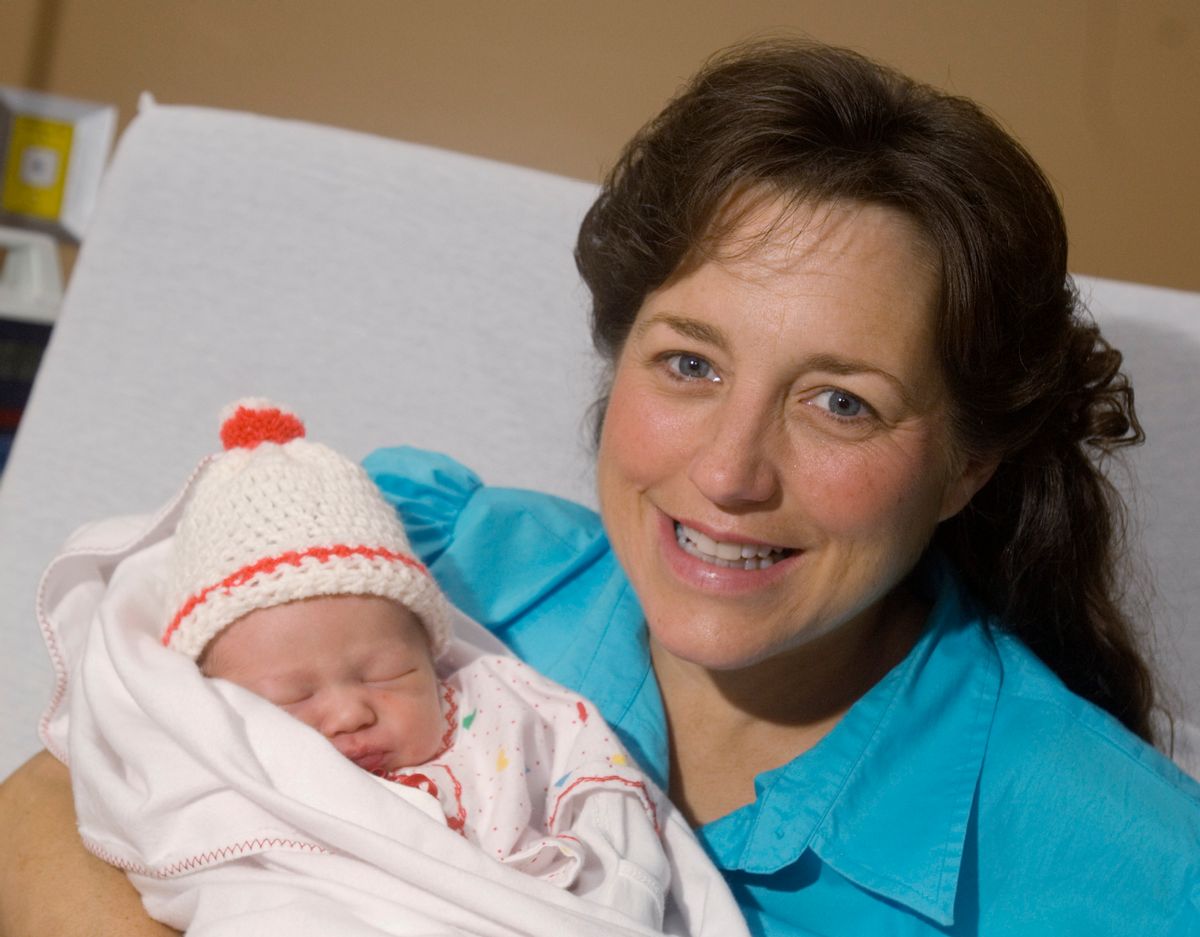Arkansas lawmakers have approved legislation that prohibits cities and counties from implementing anti-discrimination policies for LGBT people. The measure was inspired by the successful effort to repeal a non-discrimination ordinance in Fayetteville, a fight in which conservative "19 Kids & Counting" star Michelle Duggar played a prominent role.
After the State Senate voted in favor of the measure Monday, the Arkansas House of Representatives voted 57 to 20 in favor of the legislation today. Both chambers are controlled by the Republican Party.
GOP Gov. Asa Hutchinson, who took office last month, told BuzzFeed that he will allow the bill to become law by neither signing nor vetoing it. Hutchinson explained that he was not taking action one way or another because while he acknowledges "the desire to prevent burdensome regulations on businesses across the state," he also has concerns about "the loss of local control."
The bill's Republican sponsor, State Sen. Bart Hester, told the site that his measure would establish uniformity across the state, thereby helping attract businesses. Hester appears not to have considered the possibility that companies and workers will find unattractive a state that grants a license for anti-LGBT discrimination.
The measure comes two months after voters in Fayetteville overturned their city's non-discrimination ordinance, which the city council passed over the summer. Hester was among the politicians to back the repeal effort, for which Duggar recorded a bigoted, transphobic robocall warning voters that the ordinance -- which ensured that transgender people had access to public facilities that matched their gender identities -- would allow “males with past child predator convictions that claim they are female to have a legal right to enter private areas that are reserved for women and girls.”
In states and localities that have public accommodations protections for transgender people, there has not been a single recorded instance of sexual assault or other crimes stemming from the policies.

Shares